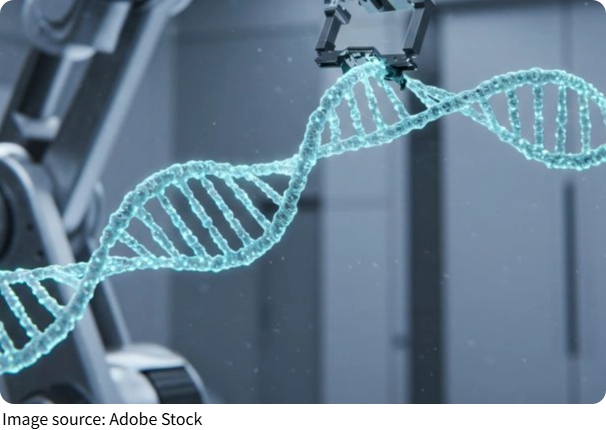Genetic Metabolic Chaos!

Inherited metabolic disorders (IMDs) represent a complex group of genetic diseases caused by mutations in genes that encode enzymes or transport proteins essential for metabolism.
These disruptions affect biochemical processes that sustain life's fundamentals, leading to diverse clinical manifestations depending on the specific metabolic pathway involved.
Genetic Basis and Pathophysiology
IMDs are primarily monogenic and typically inherited in an autosomal recessive pattern, meaning affected individuals inherit faulty gene copies from both parents. This results in the absence or malfunction of essential enzymes, disrupting specific metabolic processes. Depending on the enzyme's function, harmful intermediates can accumulate or essential substances may be lacking, leading to cellular and systemic dysfunction.
The complexity arises since metabolism involves interconnected pathways managing the breakdown and synthesis of macromolecules vital for energy and cellular structure. Enzyme deficiencies interrupt these processes, producing a range of symptoms often mimicking other diseases, which complicates timely diagnosis.
Clinical Spectrum and Diagnosis
Symptoms vary widely by disorder and severity, frequently involving musculoskeletal, neurological, and cardiovascular systems. Some disorders present early in infants, while others may emerge later in life with subtle or nonspecific symptoms, leading to diagnostic delays that can last for years.
Common diagnostic challenges include the wide variety of clinical presentations and under-recognition, often due to limited newborn screening panels that do not encompass the full range of IMDs.
Timely diagnosis depends on a strong clinical suspicion, thorough metabolic investigations, and, more recently, genetic testing to confirm enzyme deficiencies or mutations. Clinician awareness is vital to minimize diagnostic delays and prevent complications, as untreated IMDs can result in progressive damage and reduced quality of life.

Advances in Management and Therapy
Although many IMDs are still incurable, management is progressing with treatments designed to restore metabolic balance. These approaches include dietary adjustments, enzyme replacement therapies, and promising gene therapy trials for certain disorders. Personalized medicine, utilizing genetic information, is improving treatment precision and effectiveness.
Early intervention is crucial for better outcomes, emphasizing the need for expanded newborn screening and enhanced education in metabolic medicine.
Dr. Timothy Tramontana, a medical genetics specialist, emphasizes, "The impact of inherited metabolic disorders can vary from severe to mild. Identifying the specific enzyme defects is essential for customizing treatments and enhancing patient outcomes."
Christina Tise, MD, PhD notes, "Inherited metabolic disorders are often underrecognized and underdiagnosed. Ongoing research and expanded diagnostic capabilities are crucial to uncover their true prevalence and enhance patient care."
Inherited metabolic disorders constitute a diverse group of genetic diseases characterized by enzyme deficiencies that disrupt critical metabolic pathways.
Advances in genetic diagnostics and treatment strategies are transforming the management of IMDs, but challenges persist in their recognition and diagnosis. Increased awareness, thorough metabolic screening, and research into innovative therapies are crucial to reduce the burden of these disorders and improve the quality of life for affected individuals.
-
 Panic Disorder Uncovered!Heart Racing For No Reason? Is Panic Taking Over Your Mind? What If It Strikes Again?! Watch Out!
Panic Disorder Uncovered!Heart Racing For No Reason? Is Panic Taking Over Your Mind? What If It Strikes Again?! Watch Out! -
 Loud Sounds, Hurt Ear?Everyday Noise Hurting You? Even A Whisper Can Feel Piercing?! What’s Going On In Your Ear?!
Loud Sounds, Hurt Ear?Everyday Noise Hurting You? Even A Whisper Can Feel Piercing?! What’s Going On In Your Ear?! -
 The Next Big Bubble RiskThe Bubble That Could Wipe Out Trillions Overnight!
The Next Big Bubble RiskThe Bubble That Could Wipe Out Trillions Overnight!